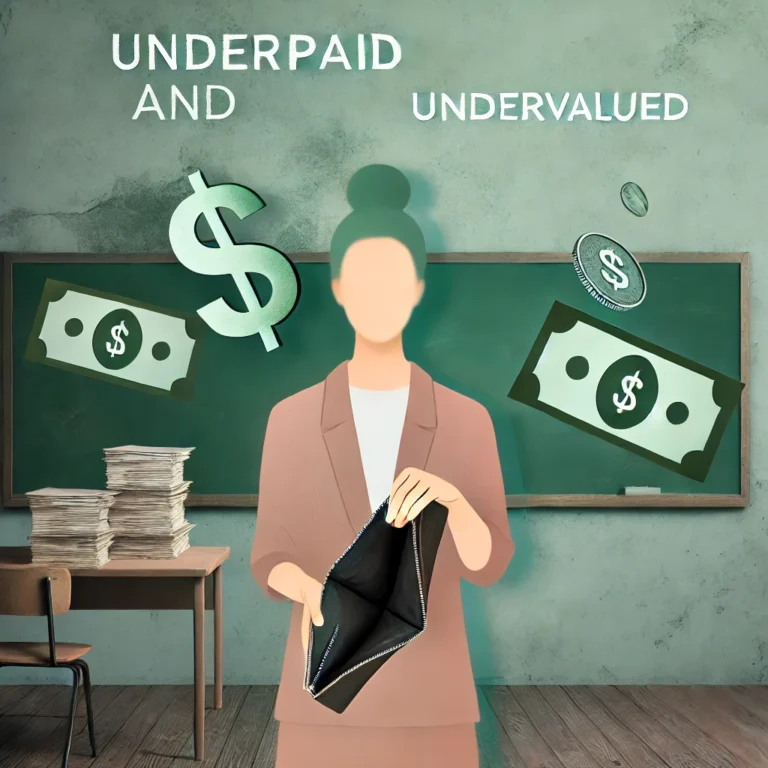Despite their critical role in shaping future generations, many teachers in the United States face significant financial challenges due to low salaries. This issue not only affects their quality of life but also has broader implications for the education system as a whole.
On average, teachers earn less than professionals in other fields with comparable education and experience. This pay gap forces some educators to take on second jobs or incur debt to make ends meet. The financial strain can lead to stress and distraction, impacting their effectiveness in the classroom.
The problem is more pronounced in certain regions and subjects. For example, teachers in rural areas or those specializing in high-demand subjects like science and math may experience even greater disparities. Additionally, the lack of annual pay increases fails to keep up with the rising cost of living.
Low compensation also contributes to a shortage of qualified teachers. Potential educators may be deterred by the prospect of low wages, leading to staffing challenges and larger class sizes. This situation can diminish the quality of education and place additional burdens on existing staff.
Addressing these financial struggles involves:
- Advocating for higher salaries: Policymakers need to prioritize education funding to offer competitive wages.
- Providing incentives: Loan forgiveness programs, housing assistance, and bonuses for advanced degrees can attract and retain talent.
- Raising public awareness: Highlighting the challenges teachers face can garner community support for necessary changes.
By ensuring that teachers are fairly compensated, we acknowledge the invaluable contribution they make to society and help foster a more effective and dedicated educational workforce.


